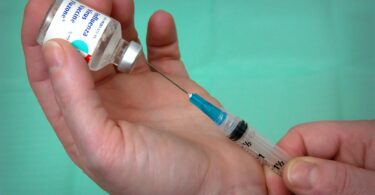A comprehensive study finds that a cup or two of coffee a day might just keep dementia away! Tea...
Your Health & Wellness
Are you aging well? Take these four tests
What does it mean to age well? It means to remain fit and independent for as long as possible over...
Genes play an important role in how long you live
A new study, published in Science, which looks at how twins living apart age, finds that how long...
How to reduce your risk of Parkinson’s
Parkinson’s disease has become an extremely common neurological condition throughout the world...
Six ways to keep your brain young and healthy
Rudolf Tanzi has been studying the brain for more than 45 years. He believes that our brains can do...
How to get off antidepressants
About 12 percent of Americans take antidepressants to treat depression, anxiety, and panic...
Feeling isolated? Look into virtual communities
Increasingly, virtual communities are engaging homebound older adults and helping to address social...
Shingles vaccine appears to fend off dementia
Researchers at Stanford University have found that the shingles vaccine could help your brain and...
Practicing yoga can improve your sleep
A meta-analysis of 30 trials in more than 12 countries found that regular high-intensity yoga is...
Almost 10 percent of Americans say they have or have had cancer...
A new Gallup survey finds that almost 10 percent of Americans say they have or have had cancer...










